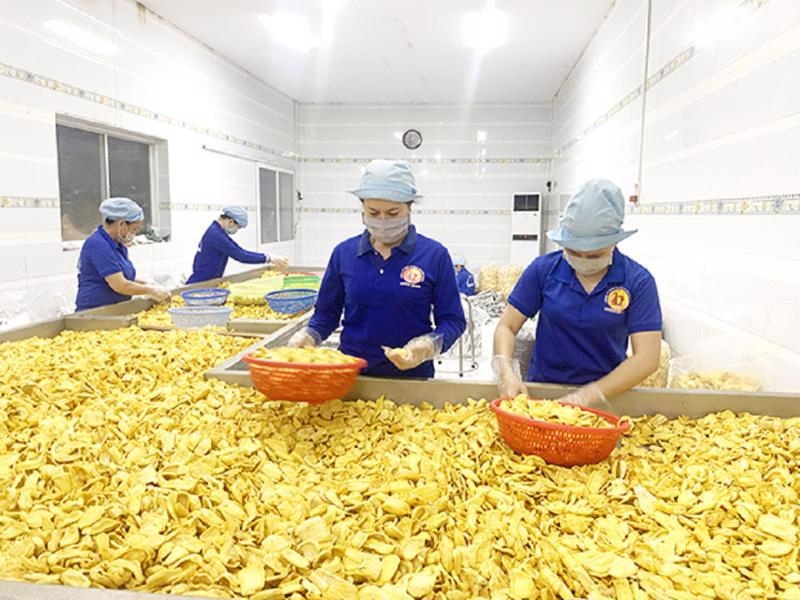
The article outlined that the burgeoning trade flow between the two countries and the White House’s push for the establishment of partnership agreement on the Indo-Pacific Economic Framework for Prosperity (IPEF), means market status recognition would help the nation to expand its trade and investment with the US.
The US is presently Vietnam’s second-largest trading partner behind China and its largest export marker, with bilateral trade in 2022 hitting almost US$139 billion.
The bilateral benefits for US companies derived from recognition of Vietnam as a market economy include market access and export opportunities, namely in agriculture, machinery, aircraft, and pharmaceutical products, all of which can contribute to the development of a supply chain that suits America’s interests.
According to the article, over the past decade Vietnam has rapidly emerged as a major manufacturing centre, whilst it remains a major source for consumer electronics, furniture, semiconductors and other components, apparel, and footwear imports.
Market-status recognition would also contribute to a reduction in trade barriers, thereby making it easier and cheaper for US businesses to export goods and services to Vietnam.
The article states that with the ongoing trade tensions between the US and China, recognition of Vietnam as a market economy could further incentivise US companies to diversity their supply chains away from China and towards the Vietnamese market.
Additionally, lower import prices coupled with improved market access could enable US companies to increase their output and production in Vietnam. This thereby offers the potential to generate increased sales revenues and profitability for American companies operating in the country.
The US-ASEAN Business Council (USABC) plans to send a record-breaking number of US businesses to Vietnam later this month, surpassing last year’s delegation of 52 firms. This signals the increasingly expanding interest of US businesses in Vietnam.
Telecommunications, information technology, power generation, transportation infrastructure construction, environmental project management, and technology will all continue to offer promising opportunities for US companies.
Tech giants such as Apple and Intel have already made increased investments into Vietnam as they seek to diversity their supply chains, helping to spur Vietnam’s economic expansion. There is also increasing interest from the US Chamber of Commerce in support of Vietnamese recognition as a market economy.
So far 72 countries have now recognised Vietnam as a market economy, most notably the UK, Canada, Australia, and Japan.





